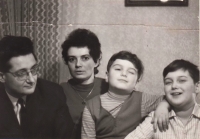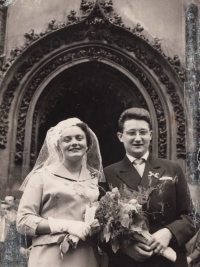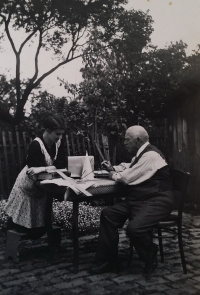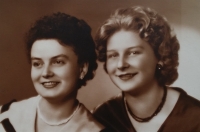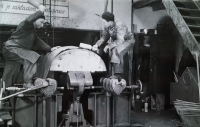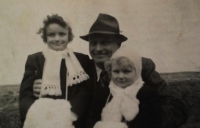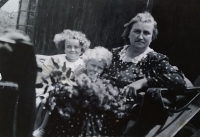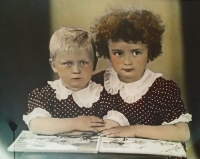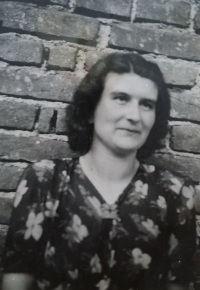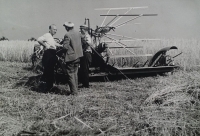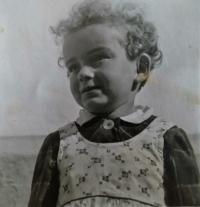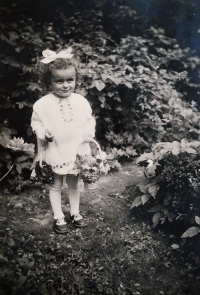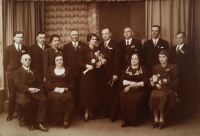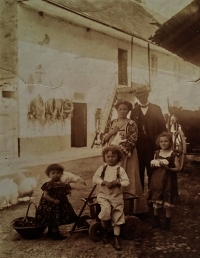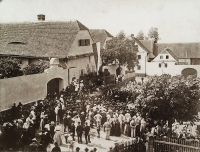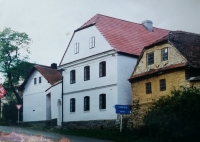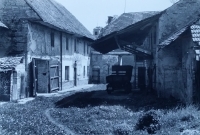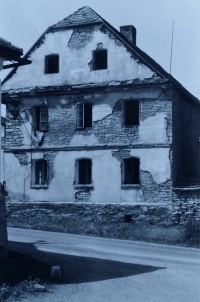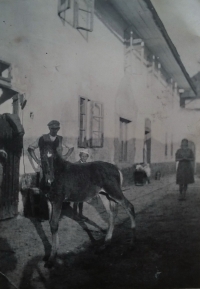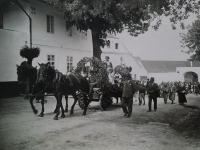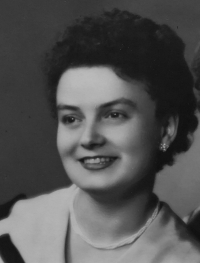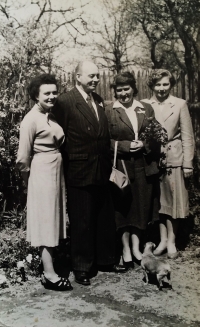The bad will be forgotten

Stáhnout obrázek
Jarmila Dvořáková, née Roubínková, was born on 13 May 1938 in the village of Sedlec near Vysoký Mýto. There she went to a small class, then joined a school in nearby Vysoké Mýto. After 1948, the family lost its own farm as a result of collectivization. Due to the monetary reform in 1953, they also lost savings and due to an unsuitable cadre profile, their parents could not find employment. As the daughter of a kulak, Jarmila could not study chemical high school in Vysoké Mýto. Finally, she trained as a locksmith and a lathe operator in Choceň, then she worked as a manual laborer. In 1959, she and her future husband Lubor Dvořák moved to Prague, where she worked as a designer at Vuste, later Argon. She remained there until her retirement. At the time of filming the interview (2014), Jarmila Dvořáková lived in Bohuňovice, not far from her native Sedlec.
